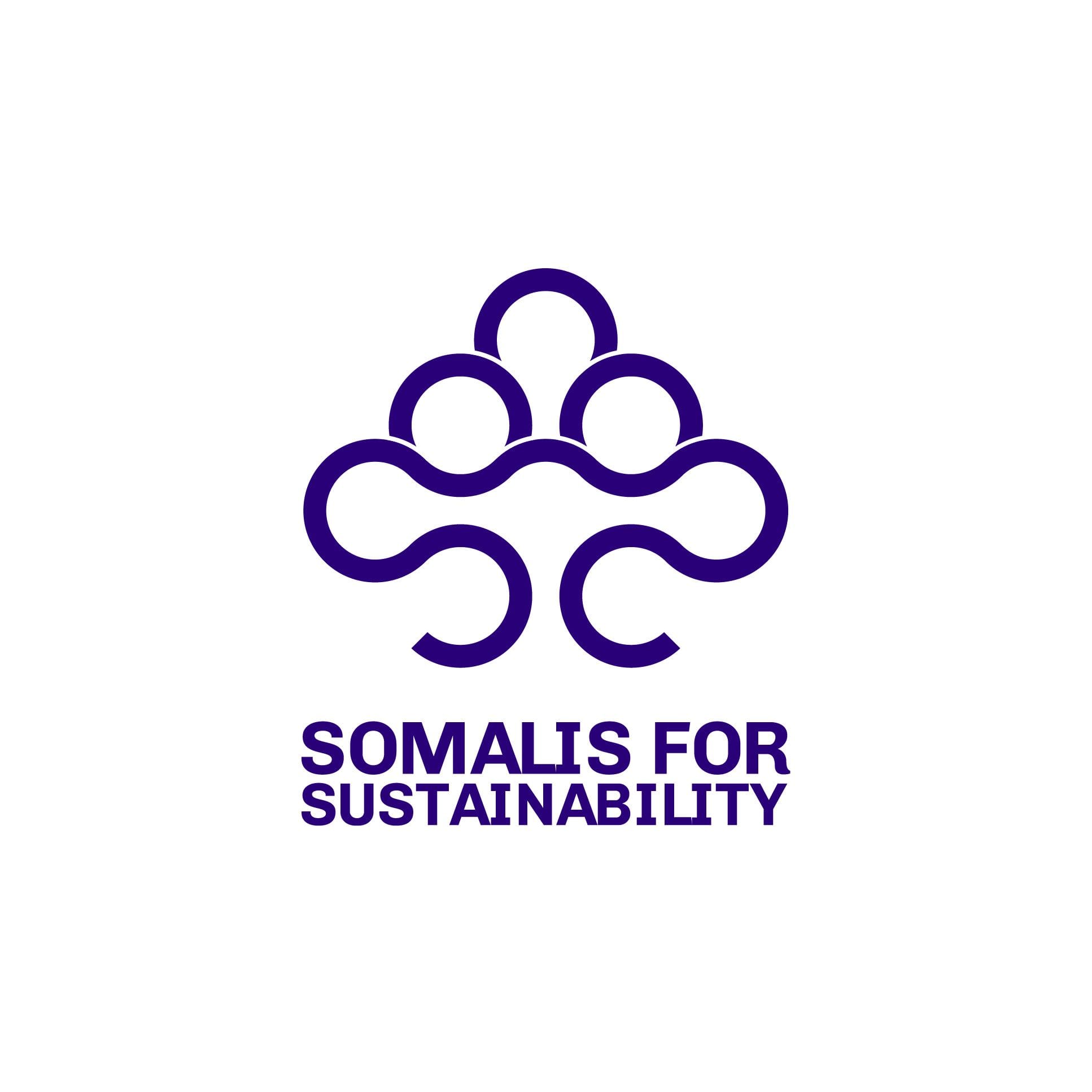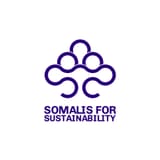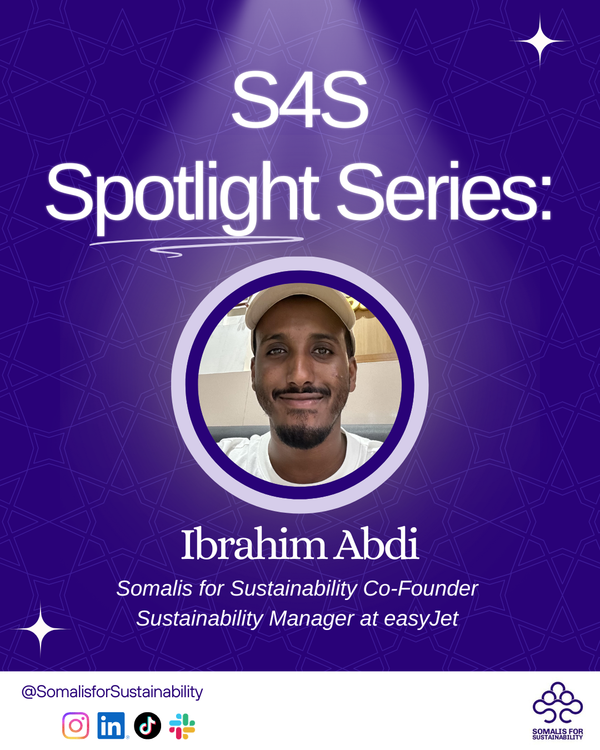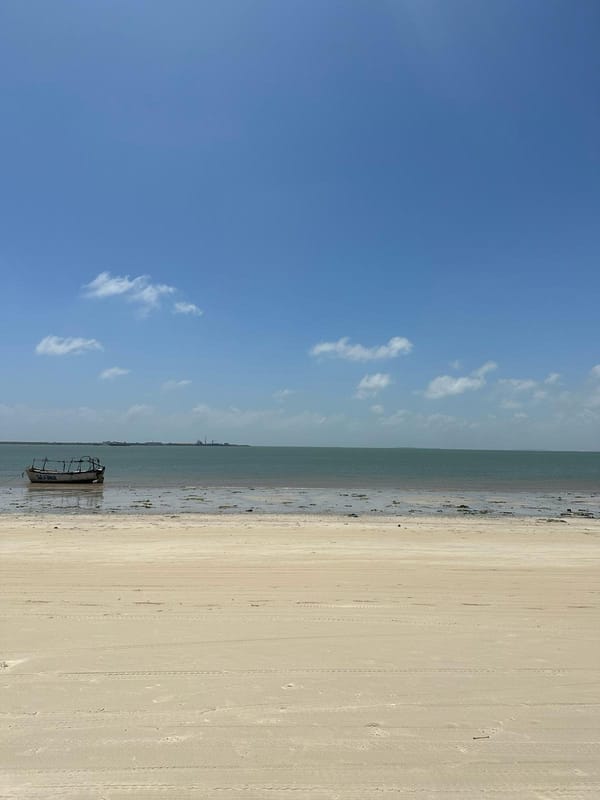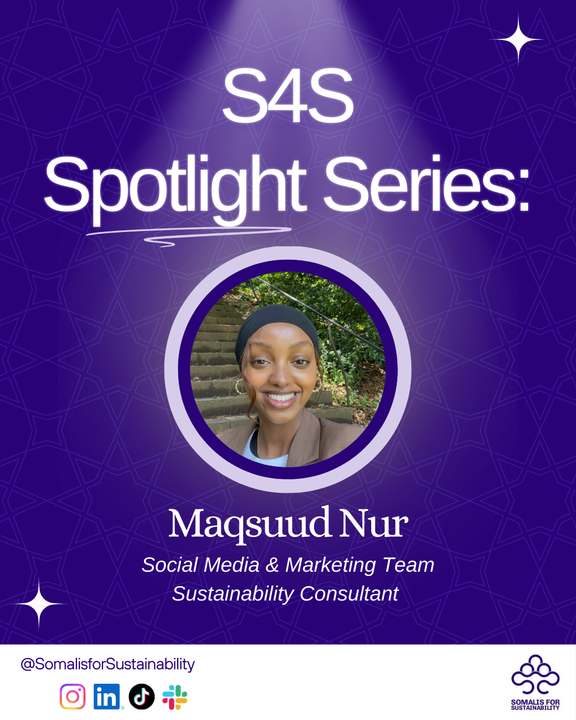Maydi Newsletter Feb 2025
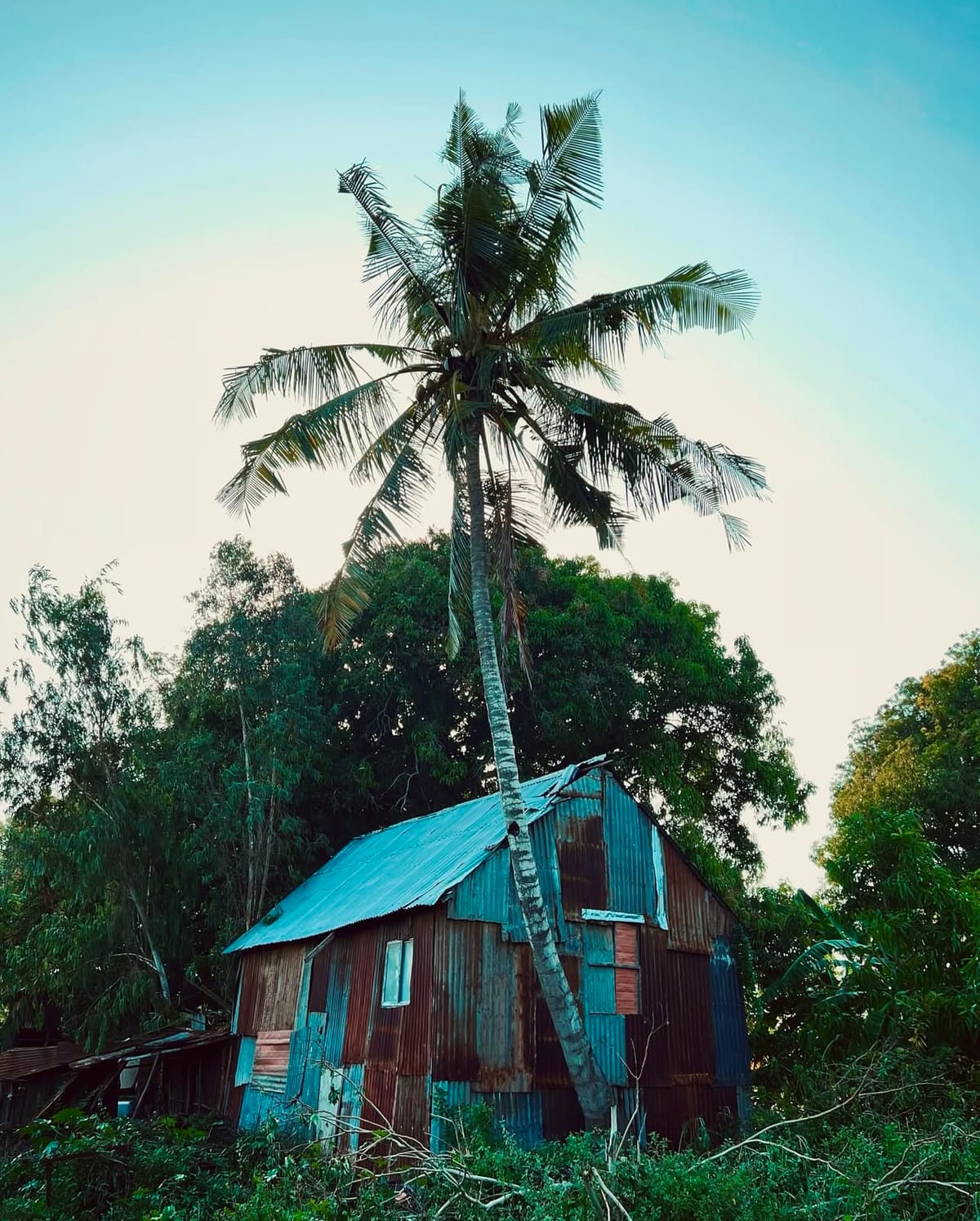
Hi everyone!
Welcome to this month's edition of the Maydi Newsletter! In this issue, we’ll cover highlights from our recent in-person event in London (yes, you really did miss out if you couldn't make it!) and the Mission 300 initiative, which has been making waves across the African continent.
We’d also like to take this opportunity to let you know that we’ll be taking a break next month for Ramadan but will be back in April as usual.
Until then, thank you—as always—for reading!
S4S News
One year on and the journey ahead 🛣️
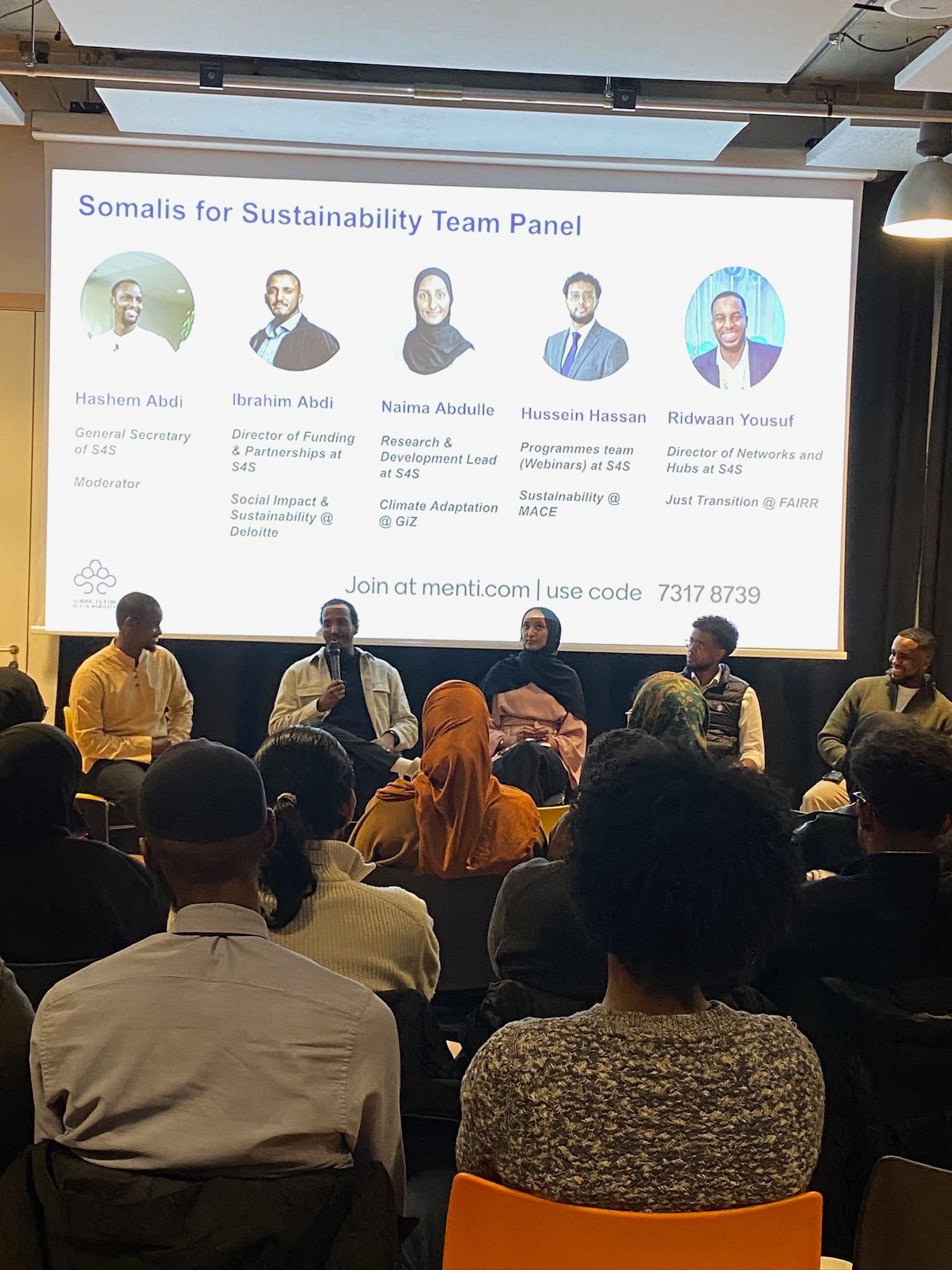
Last month in East London, Somalis for Sustainability hosted an event to reflect on one year since the launch of S4S. We welcomed nearly 100 attendees to reflect on the milestones we’ve achieved and to pave the way for discussions on our vision as an organisation and how we plan to accomplish our goals in the coming months
Initially, we took the opportunity to highlight the challenges faced by Somalis in both the Horn of Africa and the diaspora. First, we discussed the pressing climate issues in the Somali Horn, emphasising the resource gap. This includes the increasing frequency of droughts, water scarcity, and the negative impact of climate change on agricultural productivity, which threatens livelihoods in the region. Second, we addressed domestic challenges within the Somali community, particularly around employment. To tackle this, we aim to capitalize on the growing prevalence of green jobs by improving access to sustainability and climate-related careers for the community. In both cases, it is clear that there needs to be a platform to rally the community to climate action and we are uniquely positioned to leverage young Somali professionals situated across the globe.
We also held a career-focused panel that featured S4S team members. The audience much appreciated the valuable insight as the panellists came from various backgrounds, but the unifying factor was their interest in climate change and sustainability within Somalia. The audience asked the panellists questions about both their careers and how to navigate sustainability and climate awareness within their roles at work. It was an intellectually stimulating conversation while noting the challenges of ethics and morals in this field.
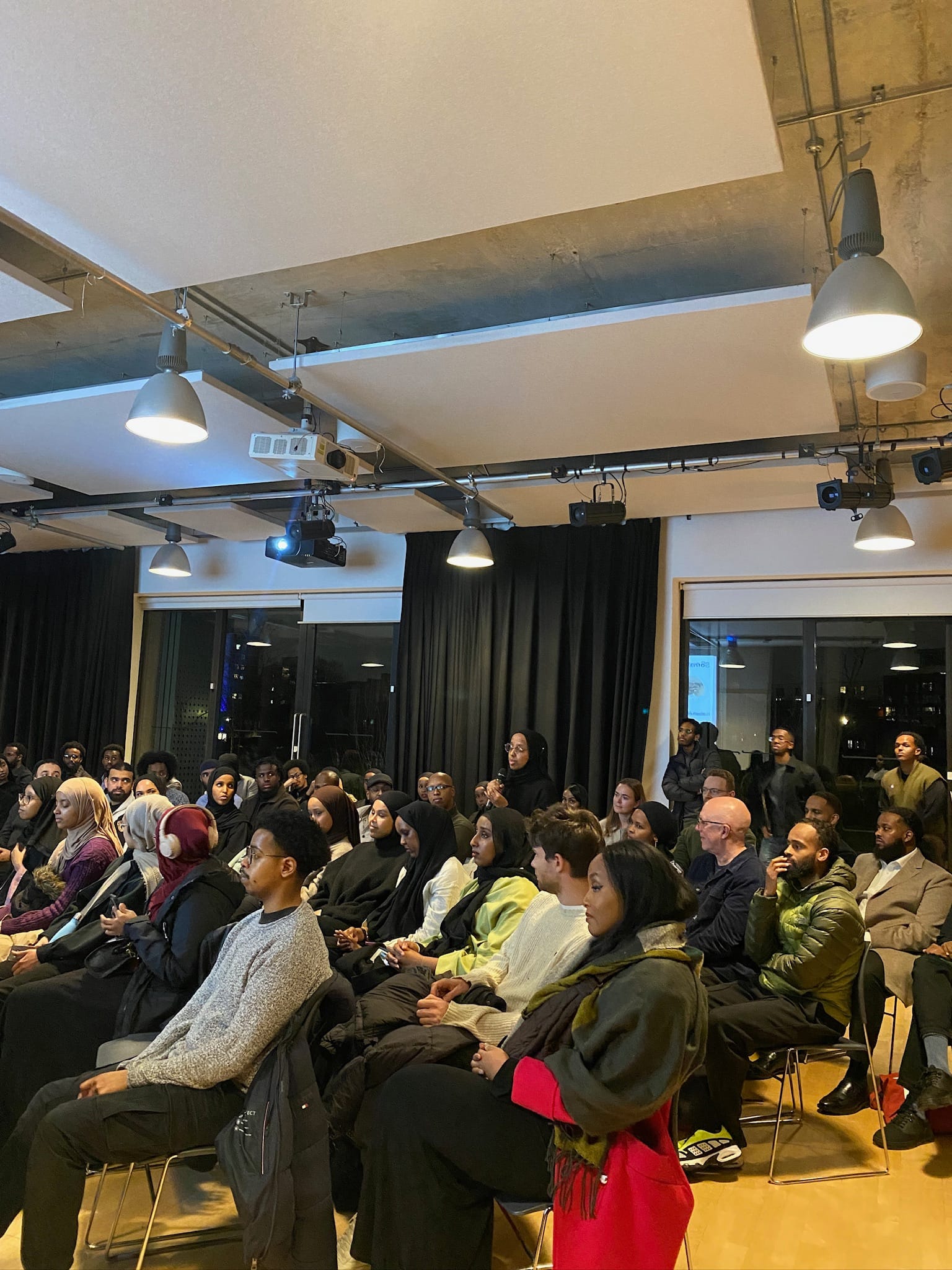
As the event neared its conclusion, we facilitated a guided networking session, bringing more S4S team members into each roundtable to spark discussions on careers, sustainability, and the experience of being Somali in these spaces. Conversations covered topics such as international development, the just transition and agriculture, environmental issues, climate education and activism, energy, community, and social impact. Interesting points emerged from these discussions, such as at the just transition table, where participants debated whether farmers should be considered civil servants, and at the energy table, where they explored whether industrialisation can happen without fossil fuels. There were many lessons to take from this event, especially ways in which we can encourage conversations about climate change and how we can enable the community to give back as much as possible.
The event was incredibly thought-provoking and engaging. We hope that everyone took away valuable insights and advice from conversations and we look forward to hosting more events like these!
What is the latest in the Horn?
Energy summit held in Tanzania to accelerate access to electricity in Africa
African leaders gathered in Tanzania for Mission 300, an initiative launched in early 2024 by the African Development Bank and the World Bank that aims to provide 300 million individuals access to electricity by 2030. African leaders at the energy summit emphasised the need for investments to modernise ageing grid infrastructure. The current electricity grid is causing major power outages and slowing renewable energy growth in major economies like Nigeria and South Africa. To tackle the current poor grid infrastructure upgrading transmission and distribution networks is necessary to expand electricity access and support economic development throughout the region.
The initiative has secured over $50 billion in funding, with contributions from institutions like the Asian Infrastructure Investment Bank and Islamic Development Bank. Twelve African countries were given the opportunity to present their national energy compacts outlining clear objectives to increase access to electricity through sustainable energy sources, along with plans to strengthen regional collaboration and draw private sector investment. The delegates expressed the challenges with the current outdated infrastructure and how it is a major obstacle to energy distribution, limiting healthcare, education and industrial development.
Nigeria and Tanzania have highlighted significant challenges in their electricity transmission and distribution networks, emphasising the urgent need for investment and modernisation. Nigeria's energy plan points to an ageing and poorly maintained transmission system that struggles to handle existing power generation capacity. To address this, the country is advocating for targeted financial support, specifically in the form of concessionary loans, to help distribution companies (DISCOs) upgrade their infrastructure and improve energy delivery. Similarly, Tanzania acknowledges issues with the reliability and quality of its electricity supply, attributing them to an ageing network burdened by overloaded transformers and distribution feeders. To enhance service efficiency, the country is calling for substantial investments in grid stabilisation, infrastructure rehabilitation, and network upgrades. Both nations recognise that without these improvements, achieving reliable and widespread electricity access will remain a challenge.
Off-grid renewable energy, particularly solar power, is emerging as a fast and cost-effective solution for rural electrification in Africa. Given the challenges associated with expanding traditional grid infrastructure, off-grid systems offer a practical alternative, especially for remote areas. As part of the Mission 300 initiative, half of the electrification target is expected to be achieved through off-grid solar and battery storage systems. These solutions not only provide electricity but also improve livelihoods by enhancing safety, supporting education, and enabling small businesses to operate more efficiently.
However, achieving universal energy access requires more than just public funding. Private sector investment is crucial for scaling up mini-grids and distributed energy solutions. To attract private investors, financial risks must be mitigated through strong regulatory frameworks, guarantees, and credit support. Ensuring a stable and secure investment environment will be key to accelerating energy access across the continent.
Successful case studies, such as Uganda’s efforts in grid expansion and off-grid solar installations in health centres, demonstrate the potential impact of these solutions. With World Bank support, Uganda has extended energy access to millions, showcasing a model that can be replicated elsewhere. Looking ahead, the World Bank projects that off-grid solar could provide electricity to nearly 400 million Africans by 2030. To achieve this, governments and development banks are working to create favourable conditions for investment, ensuring that renewable energy solutions can be deployed at scale.
Word of the Month: Geed (ged) 🌳
In Somali culture, trees symbolise resilience, wisdom, and community. The Qurac (Acacia) tree, known for thriving in harsh conditions, represents endurance, while large trees serve as gathering places for elders to hold councils (shir). Trees also play a vital role in the environment, providing shade, protecting against desertification, and sustaining livelihoods through resources like frankincense and myrrh. Somali proverbs and poetry often use trees as metaphors for strength and connection to one’s roots and also inspired the name of our newsletter!
🗣Upcoming events/news:

Join us this Thursday for a conversation with Hugh Salway, Senior Director at Gold Standard, as he explores key climate mitigation strategies across Africa. This webinar will provide valuable insights for the Somali diaspora and Somalia, highlighting how these solutions can boost local economies and strengthen climate resilience
This session will highlight investment and development opportunities in Somalia, focusing on how carbon credits can drive sustainable growth and resilience in the region.
📅 When: February 27th, 2025 @ 6:30PM 🇬🇧 time
📍 Where: Sign up via this link
